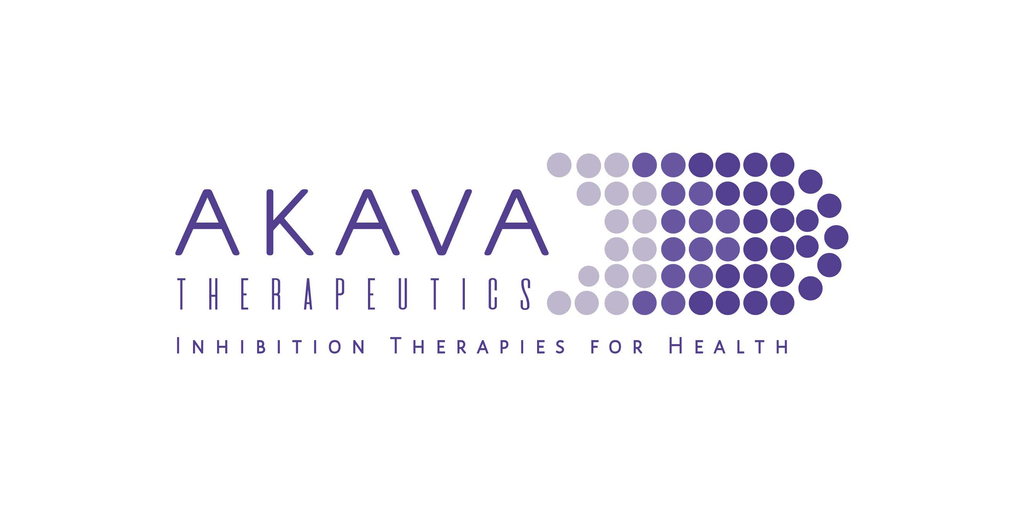WINNETKA, Ill.--(BUSINESS WIRE)--Akava Therapeutics, Inc., a biopharmaceutical company focused on developing small molecule therapeutics for a variety of neurodegenerative diseases and cancers, celebrates the procurement of a grant totaling $7.3 million from the National Institute on Aging by our SAB chair, Dr. P. Hande Ozdinler, our Founder, Dr. Richard B. Silverman, and a Northwestern colleague, Dr. William Klein, to investigate the protein aggregation inhibitor, NU-9 (AKV9), its mode of action, and impact on Alzheimer’s disease (AD) and frontotemporal dementia (FTD).
NU-9 (AKV9) was invented by Richard B. Silverman, Patrick G. Ryan/Aon Professor in the Department of Chemistry at Northwestern University and emerged as an important compound to diminish neurodegeneration through a cross-disciplinary collaboration between Dr. Silverman and P. Hande Ozdinler, PhD., Associate Professor of Neurology at Northwestern University’s Feinberg School of Medicine.
Akava’s lead compound, AKV9, is presently under development for the treatment of amyotrophic lateral sclerosis (ALS) and cleared by the FDA to proceed with the proposed Phase 1 first-in-human study in healthy subjects. The study will evaluate the safety, tolerability, and pharmacokinetics of single and multiple ascending doses of AKV9, prior to proceeding with Phase 2 clinical trials in ALS patients.
ALS is a rare neurodegenerative disease characterized by selective premature degeneration and death of upper and lower motor neurons, leading to atrophy of muscles controlling voluntary actions, such as walking and breathing. One common feature found in all forms of ALS is abnormal protein aggregation. The accumulation of misfolded proteins leads to toxicity, triggering brain cells to die.
In preclinical studies using two distinct mouse models of ALS, conducted in the Ozdinler Lab, AKV9 was shown to improve the health of diseased upper neurons. After 60 days of treatment in these mouse models, the health of the diseased neurons became like those of healthy controls. AKV9 was found to inhibit protein aggregation, restore cellular integrity, and improve the health of the mitochondria, endoplasmic reticulum, apical dendrites, and axons, all critical to the progression of ALS.
As with ALS, AD and FTD result from protein aggregation due to misfolded proteins in the brain and have shared causes of neurodegeneration. AD and FTD also have cellular problems that affect mitochondria, endoplasmic reticulum, brain inflammation, and axon transport.
For this grant, Drs. Ozdinler and Silverman expanded their team to include William Klein PhD., Professor of Neurobiology at Northwestern University and expert in Alzheimer’s disease.
About Akava Therapeutics, Inc.
Akava Therapeutics (https://akavatx.com) was established in 2019 by Richard B. Silverman, PhD as a platform to develop the pipeline of preclinical drug candidates discovered in the Silverman Lab at Northwestern University.
Contacts
Investor Relations & Media Contact:
Inquiry@akavatx.com






